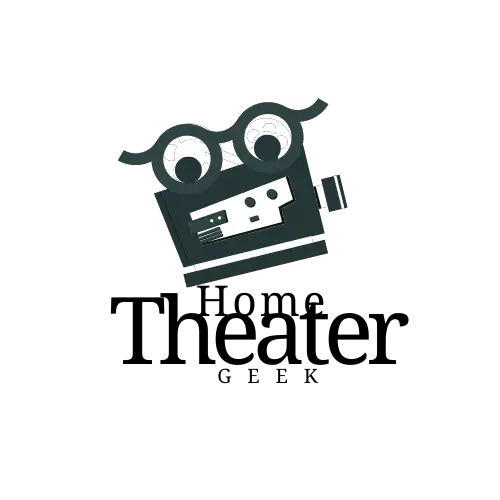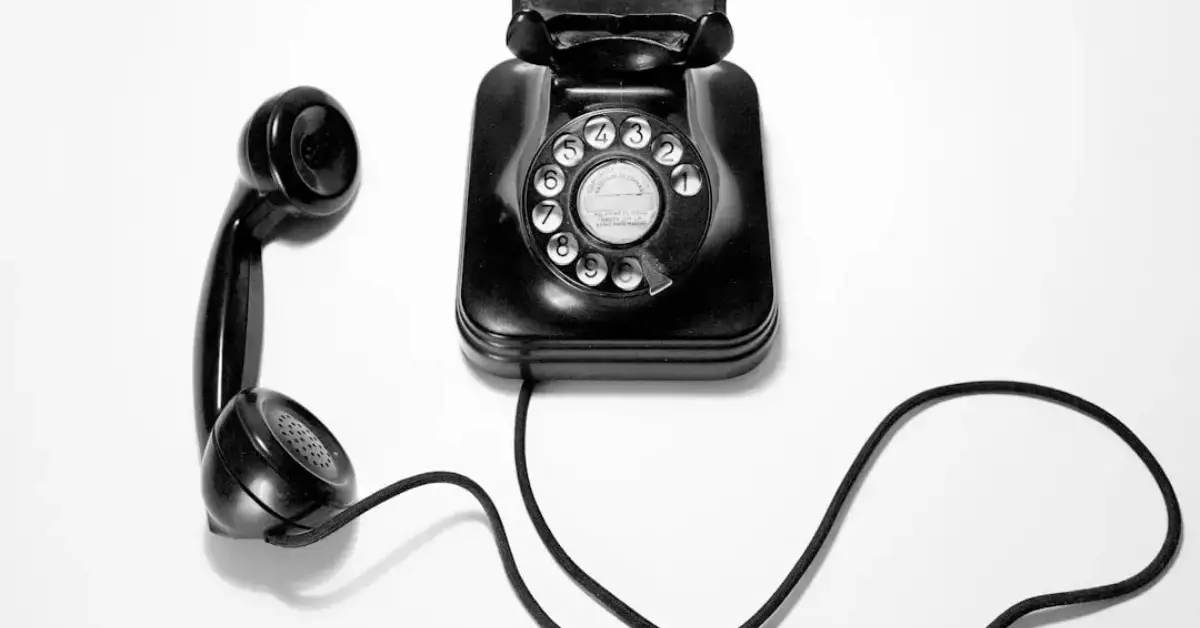Yes, phones can connect to projectors using cables or wireless technology for easy screen mirroring. Connecting your phone to a projector allows you to display content from your device on a larger screen, making it ideal for presentations, videos, and more.
Whether you’re in a meeting room or hosting a movie night at home, connecting your phone to a projector opens up a world of possibilities. With the advancement of technology, many projectors now support wireless connectivity, making it even more convenient to share your phone screen.
Let’s explore the different methods and benefits of connecting your phone to a projector.
Table of Contents
Introduction To Phone And Projector Integration
Connecting your phone to a projector opens up a world of possibilities, allowing you to display and share content from your phone on a larger screen. Whether you are giving a presentation, watching a movie, or sharing photos with friends and family, integrating your phone with a projector can enhance your multimedia experience.
Why Connect Your Phone To A Projector?
Connecting your phone to a projector offers a convenient way to share content with a larger audience. Whether you are in a business meeting, classroom, or social gathering, projecting content from your phone can make it easier for everyone to see and engage with the material you are presenting.
Benefits Of Phone-to-projector Connections
- Enhanced visual experience for presentations, videos, and photos
- Convenient sharing of content with a larger audience
- Flexibility to display a wide range of multimedia content
- Portability for on-the-go presentations and entertainment
- Seamless integration with various projector technologies
Types Of Projectors Compatible With Phones
Modern projectors have revolutionized the way we share and display content, offering seamless connectivity with smartphones. When it comes to connecting a phone to a projector, compatibility is crucial for a smooth and efficient experience. Understanding the types of projectors that are compatible with phones can help you make the right choice for your needs.
Features Of Modern Projectors
- Wireless connectivity options such as Bluetooth and Wi-Fi
- High-definition resolution for crisp and clear visuals
- Compact and portable designs for on-the-go use
- Built-in speakers for enhanced audio experience
- Compatibility with various operating systems, including iOS and Android
Compatibility Considerations
When considering the compatibility of projectors with phones, several factors come into play. These include the type of connection supported, the operating system of the phone, and the specific features of the projector. It’s essential to ensure that the projector you choose aligns with the connectivity options and requirements of your smartphone.
Essential Connectivity Methods
When connecting your phone to a projector, essential connectivity methods play a crucial role in ensuring a seamless experience. Whether you’re giving a presentation or enjoying multimedia content, having the right connection options is key. In this guide, we’ll explore the primary connectivity methods for linking your phone to a projector, covering both wired and wireless solutions.
Wired Connections Explained
Wired connections offer reliable and stable options for connecting your phone to a projector. Through physical cables, you can establish a direct link, minimizing potential interference and latency issues. Common wired connection types include:
- HDMI: A widely used standard for transmitting high-definition audio and video signals. Many modern phones support HDMI output through USB-C or micro-USB adapters.
- USB-C to HDMI: For devices equipped with USB-C ports, this adapter provides a straightforward way to connect to a projector’s HDMI input.
- MHL (Mobile High-Definition Link): Some older Android devices utilize MHL adapters to connect to HDMI-equipped projectors.
- Lightning to HDMI: Apple users can utilize a Lightning to HDMI adapter for connecting iPhones or iPads to projectors.
Wireless Options: Bluetooth And Wi-fi
Wireless connectivity offers convenient solutions for projecting content from your phone. With advancements in wireless technology, you can connect to projectors without the constraints of physical cables. Here are the wireless options to consider:
- Bluetooth: While Bluetooth connectivity is suitable for audio peripherals, it’s not typically used for direct phone-to-projector connections due to limitations in data transfer rates and resolution support.
- Wi-Fi: Utilizing Wi-Fi connectivity, you can mirror your phone’s screen to a compatible projector. This method often involves using dedicated apps or built-in screen mirroring features on both the phone and projector.
Step-by-step Connection Guide
Easily connect your phone to a projector with our step-by-step guide. Follow simple instructions for a seamless setup process. Enjoy sharing your phone screen on a larger display hassle-free.
If you want to display your phone’s screen on a larger display, connecting it to a projector is a great option. It’s a simple process that can be done in just a few steps. In this article, we’ll provide you with a step-by-step connection guide to help you connect your phone to a projector. We’ll also cover some common issues you may encounter and how to troubleshoot them.Preparing Your Devices
Before connecting your phone to a projector, there are a few things you’ll need to do to prepare your devices. Here are the steps:- Make sure your phone and projector are both turned off before connecting them.
- Connect your phone to the projector using a compatible cable. Most projectors have HDMI or USB ports that you can use to connect your phone.
- Turn on your projector and set it to the correct input channel. This will vary depending on the type of projector you have.
- Turn on your phone and wait for it to recognize the projector. Some phones may require you to adjust the display settings before the projector will work.
- Once your phone recognizes the projector, you should be able to see your phone’s screen on the projector.
Troubleshooting Common Issues
While connecting your phone to a projector is a straightforward process, there are some common issues you may encounter. Here are a few troubleshooting tips:- If your phone doesn’t recognize the projector, try restarting both devices and connecting them again.
- If your phone is connected but the display isn’t working, make sure you’ve set the projector to the correct input channel.
- If the display is blurry or distorted, try adjusting the display settings on your phone.
- If the sound isn’t working, make sure the volume on both your phone and projector are turned up.
Using Apps And Software For Enhanced Functionality
Leverage apps and software to easily connect your phone to a projector for enhanced functionality during presentations or entertainment purposes. Enjoy seamless integration for a more engaging and interactive experience.
Popular Apps For Projection
Using apps to connect your phone to a projector is a great way to enhance functionality. There are various apps available on both Android and iOS platforms that can assist in projecting your phone’s screen onto a bigger display. Some popular apps include AllCast, Miracast, and Chromecast. These apps offer seamless connectivity and high-quality projection to ensure that your presentation or movie night runs smoothly.Software For A Smooth Experience
In addition to apps, there is software available for those who require a more professional experience. These software solutions offer advanced features and customization options. One such software is AirServer, which is compatible with both Windows and Mac operating systems. It allows you to mirror your phone’s screen onto a computer or projector, and also offers features such as recording and live streaming. Another popular software is Reflector, which offers similar features and is available for both iOS and Android devices. Using apps and software to connect your phone to a projector is a convenient and hassle-free way to enhance functionality. Whether it’s for a business presentation or a movie night with friends, these tools offer seamless connectivity and high-quality projection. So next time you need to project your phone’s screen, consider using an app or software for a smooth experience.Optimizing The Viewing Experience
Optimizing the viewing experience when connecting your phone to a projector can significantly enhance the overall quality of the projection. By adjusting the settings on both the projector and the phone, you can achieve optimal clarity and visibility for your presentations, videos, and other content.
Adjusting Projector Settings
To optimize the viewing experience when connecting your phone to a projector, it’s essential to adjust the projector settings for the best possible display. Begin by adjusting the brightness, contrast, and resolution to ensure clear and vibrant visuals. Additionally, positioning the projector at an optimal distance and angle can further enhance the viewing experience.
Phone Settings For Better Projection
When connecting your phone to a projector, adjusting the phone settings is crucial for achieving a high-quality projection. Enable screen mirroring or projection mode on your phone to seamlessly display content on the projector. Adjust the screen resolution and orientation to match the projector’s display specifications for a seamless and optimized viewing experience.
Real-world Applications And Examples
Phone connectivity to a projector opens up endless possibilities for presentations, sharing media, and mirroring content seamlessly. With wireless technology advancements, it’s now easier than ever to connect your phone to a projector for a dynamic and engaging visual experience.
Educational Uses
Business Presentations And Meetings
Future Trends In Phone-to-projector Technology
Emerging Technologies
With the rapid advancements in technology, the integration of phones with projectors is taking a leap into the future. New emerging technologies are paving the way for seamless and enhanced connectivity between phones and projectors. These innovations are not only revolutionizing the way we present and share information but also reshaping the dynamics of communication and collaboration.
Predictions For User Experience Enhancements
As technology continues to evolve, predictions for user experience enhancements in phone-to-projector connectivity are gaining momentum. The future holds promises of augmented reality (AR) and virtual reality (VR) capabilities that will elevate the user experience to unprecedented levels. Additionally, advancements in wireless connectivity and compatibility across various devices are expected to simplify the process of connecting phones to projectors, making it more convenient and user-friendly.
Frequently Asked Questions
How Do I Cast My Smartphone To My Projector?
To cast your smartphone to a projector, use a compatible casting device like Chromecast or Miracast. Connect both devices to the same Wi-Fi network and follow the on-screen instructions to mirror your smartphone screen on the projector.
Can I Connect My Iphone To A Projector Via Usb?
Yes, you can connect your iPhone to a projector via USB for screen mirroring or presentations.
Can You Use A Usb On A Projector?
Yes, you can use a USB on a projector to display images, videos, and documents directly.
Why Won’t My Projector Play Movies From My Phone?
Your projector may not play movies from your phone due to incompatible file formats. Ensure your phone and projector support the same file type, such as MP4. You can also use a compatible adapter or casting device for seamless connectivity.
Conclusion
Connecting a phone to a projector opens up a world of possibilities. From sharing presentations to enjoying movies on a larger screen, the versatility is undeniable. With the right cables or wireless technology, the process is simple and convenient. Embrace the convenience and creativity today!

